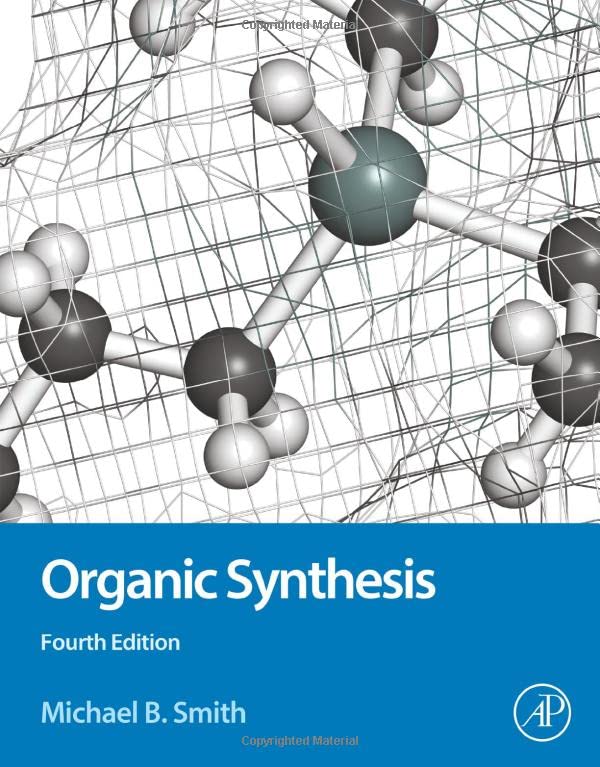

Most ebook files are in PDF format, so you can easily read them using various software such as Foxit Reader or directly on the Google Chrome browser.
Some ebook files are released by publishers in other formats such as .awz, .mobi, .epub, .fb2, etc. You may need to install specific software to read these formats on mobile/PC, such as Calibre.
Please read the tutorial at this link: https://ebookbell.com/faq
We offer FREE conversion to the popular formats you request; however, this may take some time. Therefore, right after payment, please email us, and we will try to provide the service as quickly as possible.
For some exceptional file formats or broken links (if any), please refrain from opening any disputes. Instead, email us first, and we will try to assist within a maximum of 6 hours.
EbookBell Team

4.7
96 reviewsOrganic Synthesis, Fourth Edition, provides a reaction-based approach to this important branch of organic chemistry. Updated and accessible, this eagerly-awaited revision offers a comprehensive foundation for graduate students coming from disparate backgrounds and knowledge levels, to provide them with critical working knowledge of basic reactions, stereochemistry and conformational principles. This reliable resource uniquely incorporates molecular modeling content, problems, and visualizations, and includes reaction examples and homework problems drawn from the latest in the current literature.
In the Fourth Edition, the organization of the book has been improved to better serve students and professors and accommodate important updates in the field. The first chapter reviews basic retrosynthesis, conformations and stereochemistry. The next three chapters provide an introduction to and a review of functional group exchange reactions; these are followed by chapters reviewing protecting groups, oxidation and reduction reactions and reagents, hydroboration, selectivity in reactions. A separate chapter discusses strategies of organic synthesis, and he book then delves deeper in teaching the reactions required to actually complete a synthesis. Carbon-carbon bond formation reactions using both nucleophilic carbon reactions are presented, and then electrophilic carbon reactions, followed by pericyclic reactions and radical and carbene reactions. The important organometallic reactions have been consolidated into a single chapter. Finally, the chapter on combinatorial chemistry has been removed from the strategies chapter and placed in a separate chapter, along with valuable and forward-looking content on green organic chemistry, process chemistry and continuous flow chemistry.
Throughout the text, Organic Synthesis, Fourth Edition utilizes Spartan-generated molecular models, class tested content, and useful pedagogical features to aid student study and retention, including Ch